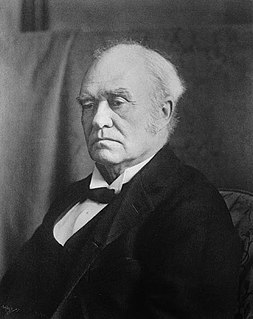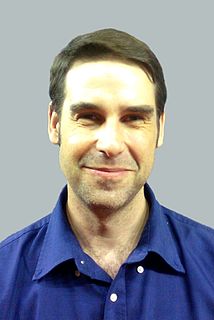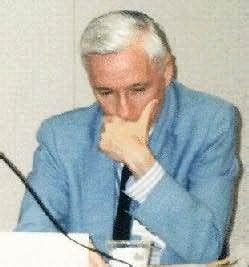A Quote by Johann Gottfried Herder
Say oh wise man how you have come to such knowledge? Because I was never ashamed to confess my ignorance and ask others.
Related Quotes
It is ignorance that is at times incomprehensible to the wise; for instance, he may not see 'the positive person' or 'the negative person' in a black and white way as many people do. A wise man may not understand it because, as a catalyst of wisdom, but not wise in his own eyes, even he can learn from and give back to fools. To think that an individual has absolutely nothing to offer to the table is counter-intuitively what the wise man considers to be 'the ignorance of hopelessness'.
I have since often observed, how incongruous and irrational the common temper of mankind is, especially of youth ... that they are not ashamed to sin, and yet are ashamed to repent; not ashamed of the action for which they ought justly to be esteemed fools, but are ashamed of the returning, which only can make them be esteemed wise men.
We can hardly say that the Pharisees had an accurate ‘knowledge’ of man when they pointed to the sins (the real sins) of publicans and sinners. This judgment, which separated knowledge of man from self-knowledge, was as nothing in God’s eyes. The Jew did not have a better understanding because he was able to judge the heathen. In the sphere of abstract morality this could possibly be said, but this is not Biblical morality - O man, who judgest others!
We have heard of a Society for the Diffusion of Useful Knowledge. It is said that knowledge is power, and the like. Methinks there is equal need of a Society for the Diffusion of Useful Ignorance, what we will call Beautiful Knowledge, a knowledge useful in a higher sense: for what is most of our boasted so-called knowledge but a conceit that we know something, which robs us of the advantage of our actual ignorance? What we call knowledge is often our positive ignorance; ignorance our negative knowledge.
God cannot be referred to as 'good,' 'better,' or 'best' because He is above all things. If a man says that God is wise, the man is lying because anything that is wise can become wiser. Anything that a man might say about God is incorrect... The best a man can do is to remain silent...The true master knows that if he had a God he could understand, he would never hold Him to be God.
Do not ask the stones or the trees how to live, they can not tell you ; they do not have tongues; do not ask the wise man how to live for, if he knows , he will know he cannot tell you; if you would learn how to live , do not ask the question; its answer is not in the question but in the answer, which is not in words; do not ask how to live, but, instead, proceed to do so.









































